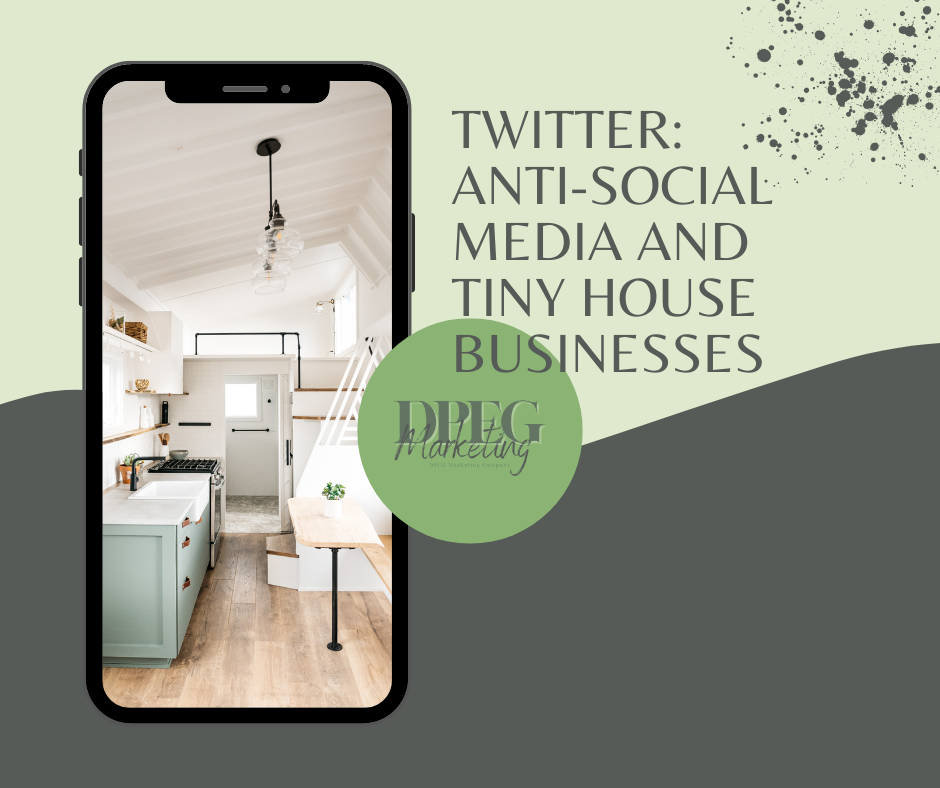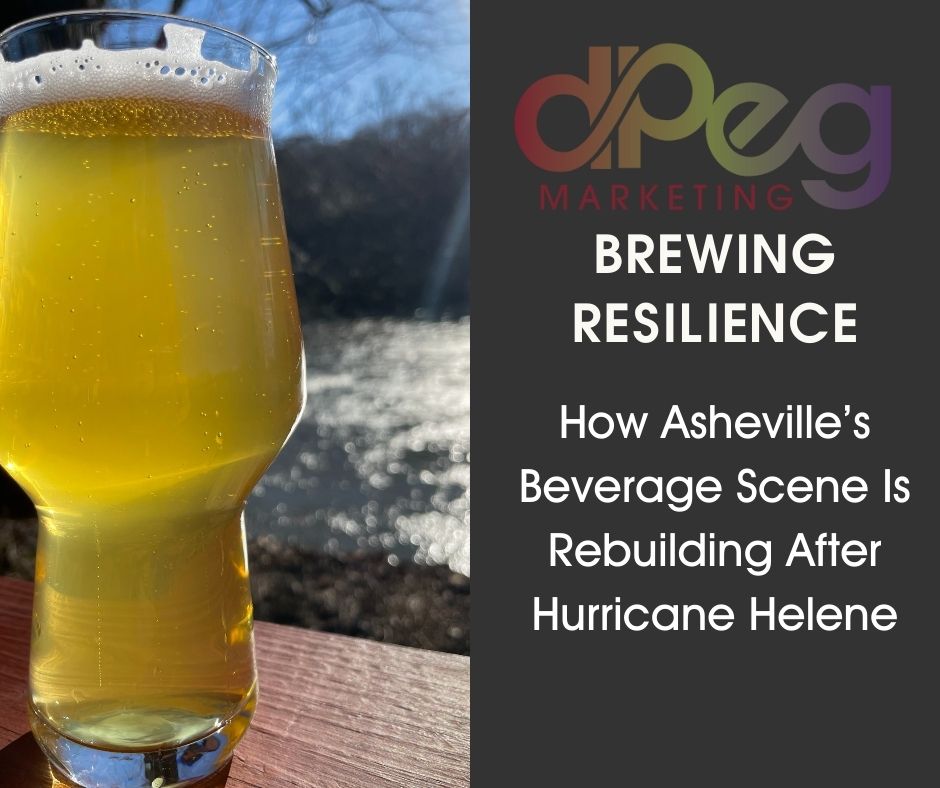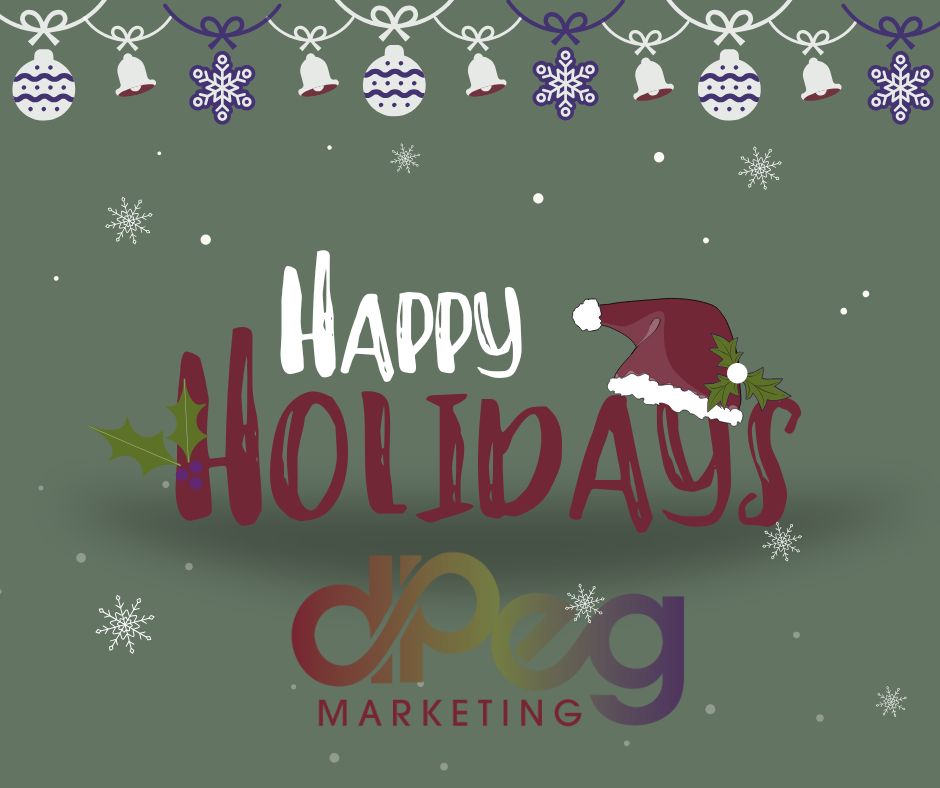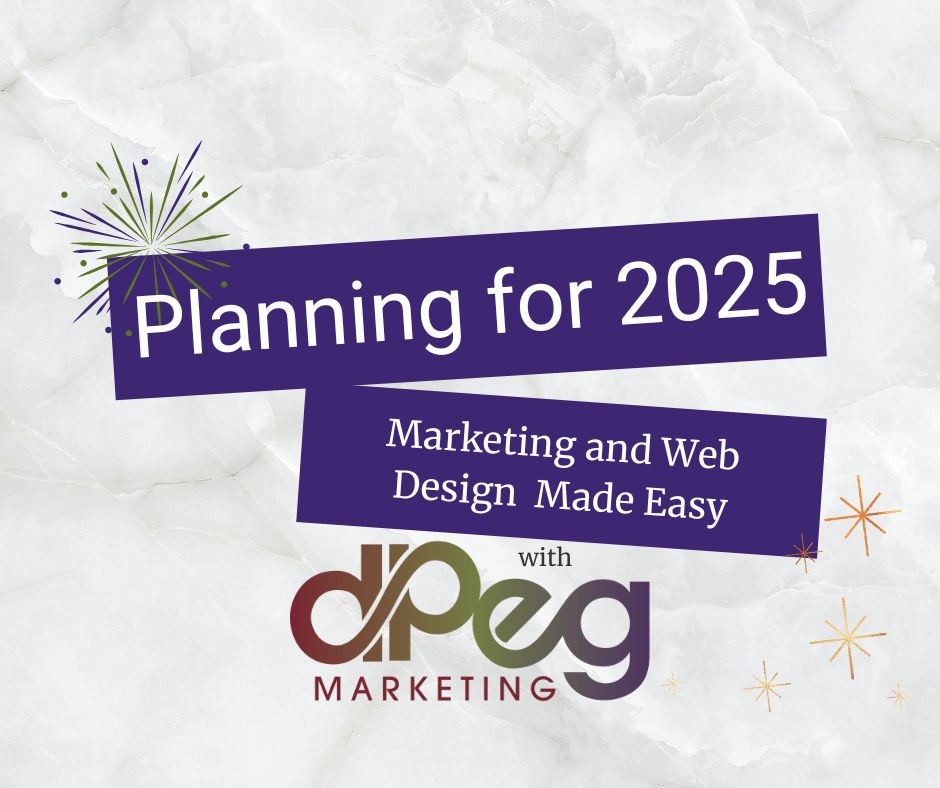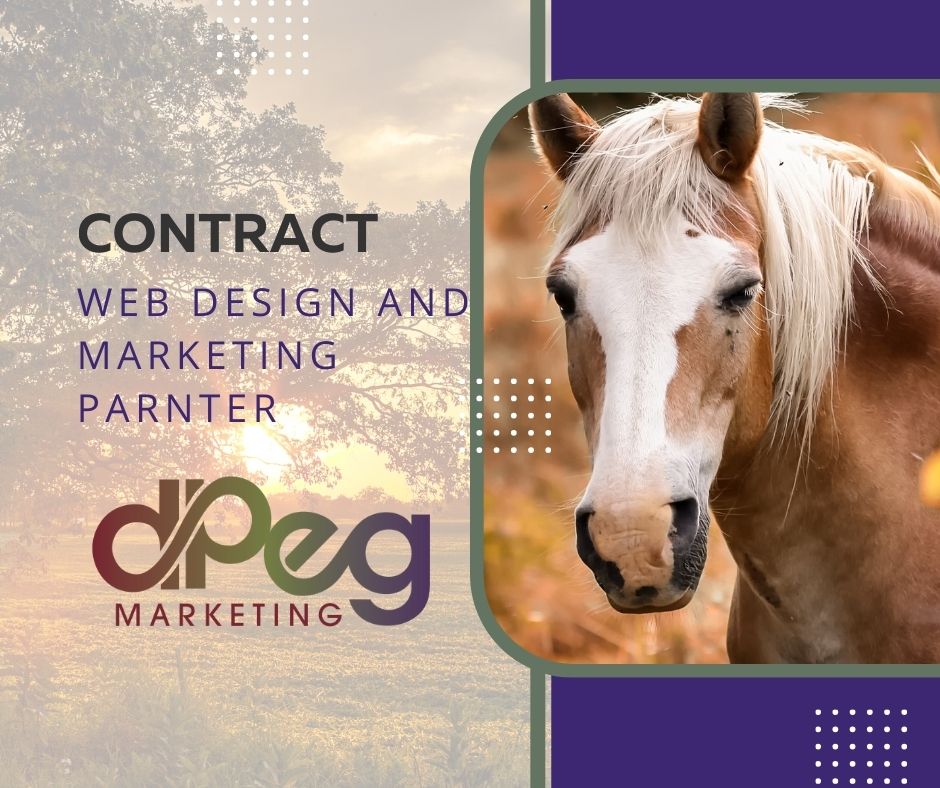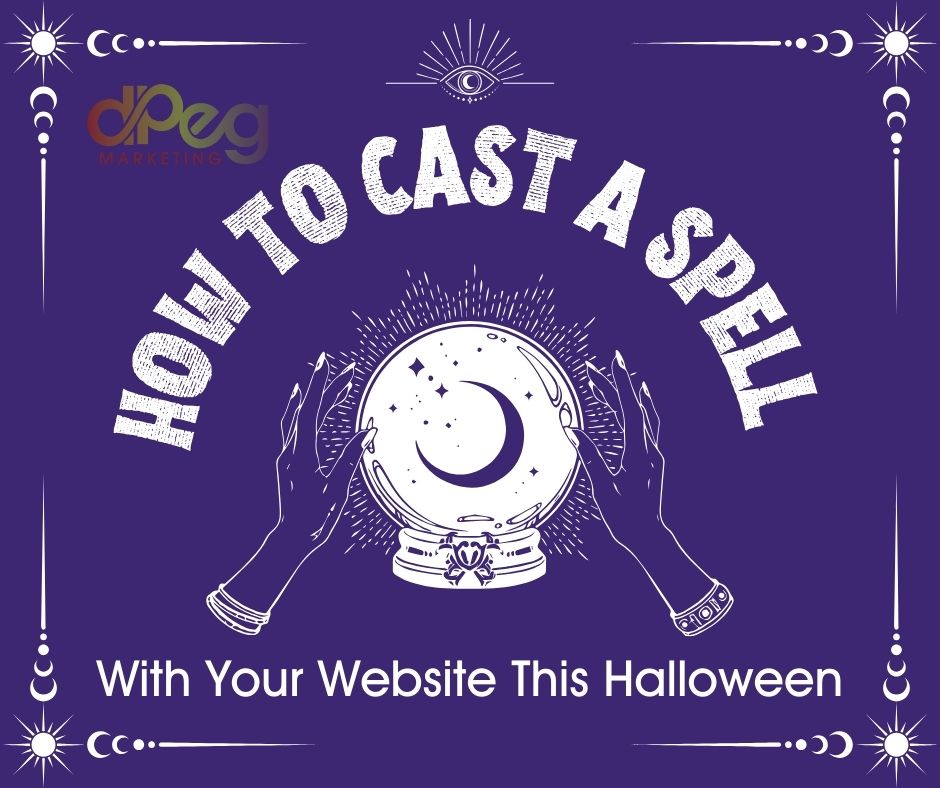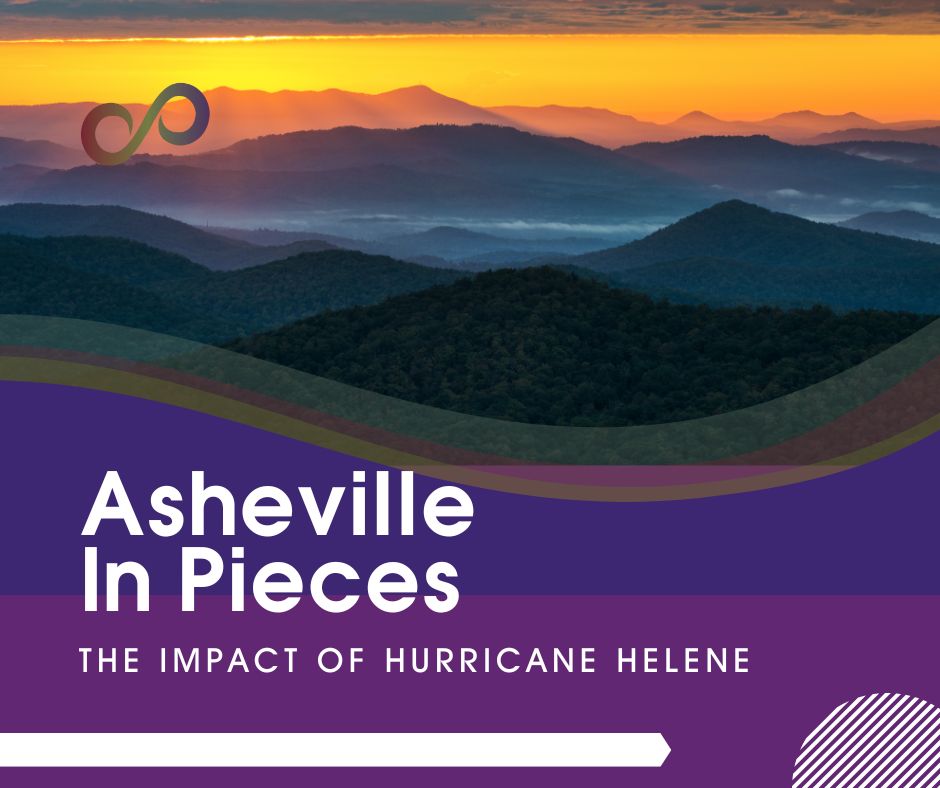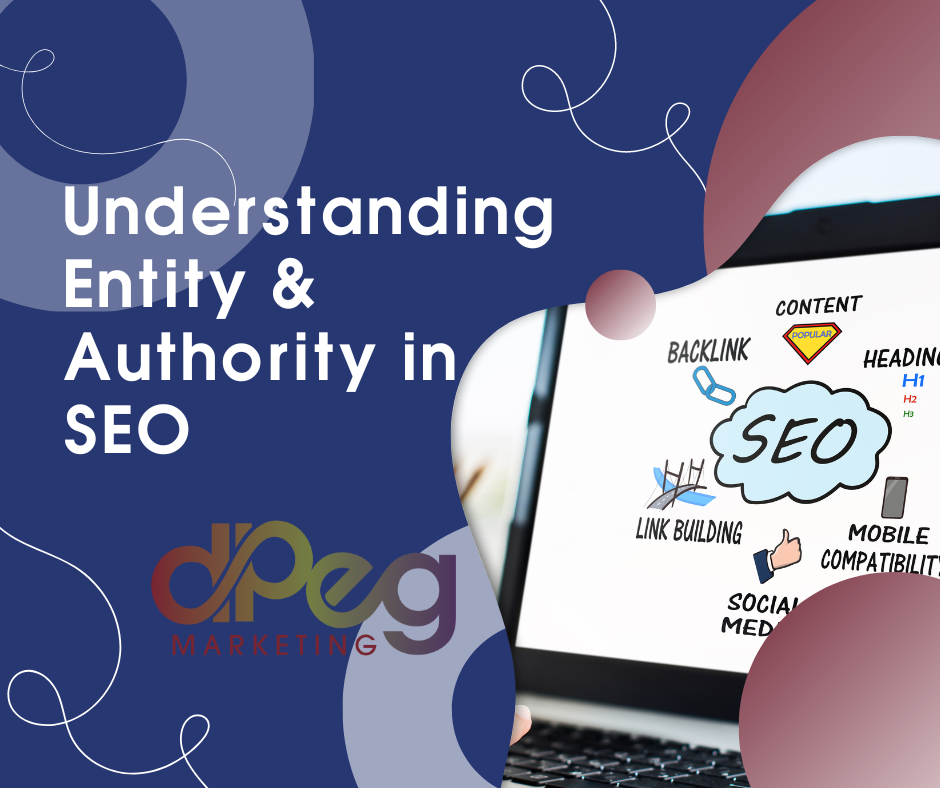It has been a roller coaster of emotions. It started around March of 2022 when Elon Musk began talking to Twitter’s executives about the direction of the social media platform. He bought a significant stake in the company and suggested he should be on the board. But then he doesn’t join the board. Instead, a hostile takeover was in the works, with Twitter fighting back. Throughout the summer, things went back and forth, and finally, at the end of October 2022, the Twitter deal was done, and it now belongs to Elon Musk.
Whether you love it or hate it, big changes are coming. Most notable is the suggestion that verified accounts will now cost $20 per month to maintain the verified status. And Author Stephen King is not having any of it.
What does all of this mean for your tiny home business? It just reiterates the message that we don’t own our social media profiles, and things could change or disappear at any time, which can profoundly affect how your organization reaches customers.
You Don’t Own Social Media
The most important takeaway is that you don’t own your pages on social platforms. Because these sites are paid for by advertising, you could build a tiny home business page for free and maybe boost a post, but none of it belongs to you.
In the case of Facebook, their algorithms for finding posts that go against community guidelines are set notoriously high. Users end up in “Facebook Jail” or even deleted from the site for things that appear to be minor infractions if offensive at all. Other pages that spread known misinformation are never targeted because they know how to work around the algorithms.
We don’t know what the Twitter-scape will look like moving forward, especially once they implement paid checkmarks. For these reasons, having another place to keep your information is a good idea so nothing is lost when overhauls happen.
You Do Own Your Website
One thing you do own is your website. Once you invest in a domain name, hosting, and design, that tiny house website is yours for as long as you maintain it. It becomes a repository for information, sales, and more. It can be much more than just a business card; a dynamic website is essential for growth.
Your website also works based on algorithms, but this is more related to Search Engine Optimization rather than terms of service set by Meta Corp or Elon Musk. By using the best keywords that match your business to the right audience, you can make the most of your website and drive more traffic than social media could provide.
When to use Social Media
We’re not against social media. Not entirely. We recognize its shortcomings and use it in such a way that will build a company brand, reputation, and recognition. Rather than relying simply on the sales capacity of social media, it becomes just another tool in your marketing toolbox.
We partner with companies to design social media campaigns that drive traffic to the website rather than conduct business on the platforms themselves. There is power in social sharing. We need to include a call to action to connect people to you outside the platforms and in a space where you can control the message and technology.
Building a Robust Marketing Plan
Social media is just one small part of your marketing plan. Combined with an optimized website, ongoing original blog content, and regular newsletters, using the right social media platforms can help reach more people. Reliance on social media alone can be a big mistake as we see more changes and shifts in that market. Partnering with a company like DPEG Marketing can provide additional resources to build your tiny home business.
DPEG Marketing Company has 8 spots open for website design in 2023. We partner with tiny house, agriculture, outdoor, and equine businesses to help them grow. We can help you optimize your site and integrate the essential tools. You can build your reputation and be recognizable with the right systems.
Contact us for a FREE consultation by emailing teona@dpegmarketing.com or calling (828) 333-3816.

